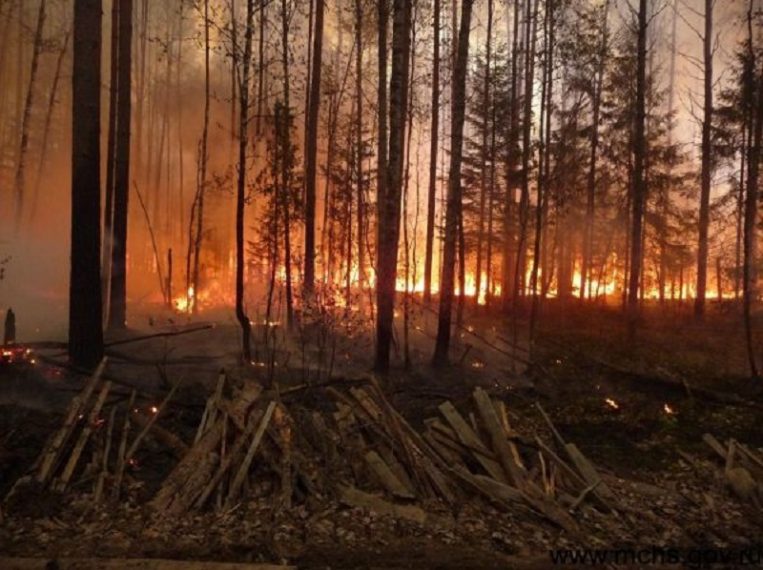Medford, OR – Governor Tina Kotek has announced plans to convene a special session of the Oregon Legislature on December 12, 2024, to address the outstanding bills from the state’s record wildfire season. This year, wildfires ravaged nearly 2 million acres, a figure more than three times the 10-year average, and cost Oregon emergency response agencies nearly $350 million.
While a significant portion of these costs is expected to be covered by federal disaster relief funds, Kotek is seeking immediate legislative approval for at least $218 million from the state’s general fund to settle the remaining debts. The session will coincide with regularly scheduled committee hearings, allowing lawmakers to take up the issue promptly.
More than half of the total cost from the 2024 fire season, which affected both private and federal lands, will eventually be reimbursed through federal funding. However, state officials are eager to pay contractors as quickly as possible to maintain good working relationships for future fire seasons.
Rep. Pam Marsh, D-Ashland, emphasized the importance of paying the contractors who provided crucial firefighting resources, including machinery, aircraft, and personnel. “We contracted with people, and we are obligated to pay them,” said Marsh. “We will want many of those people to bring their machines, their aircraft, their bodies back next fire season.”
The fires, which destroyed at least 42 homes and 132 structures, prompted the state to declare a state of emergency and invoke the Emergency Conflagration Act a record 17 times. This act mobilized additional firefighting resources coordinated by the Oregon State Fire Marshal’s office. As of now, the fire marshal is responsible for more than $200 million of the $218 million in outstanding payments.
The 2024 wildfire season was devastating, particularly in eastern Oregon, where grass and shrub lands were hardest hit. The fires affected both private landowners and federal agencies, burning approximately 62% of the total area on federal land. According to the Wildland Mapping Institute, about 25% of the acres affected were forestland, with the rest primarily in grass and shrub areas.
While Kotek’s announcement was met with support from many lawmakers, it also sparked some criticism from the opposition. Incoming House Republican leader Christine Drazan, who lost the 2022 gubernatorial race to Kotek, expressed frustration over the lack of consultation before the special session was called. “Evidently, the Governor will be communicating via press release rather than a phone call,” Drazan said in a statement. Despite her discontent with the approach, she indicated that Republicans were willing to work together to resolve the funding issue.
The special session comes after the Oregon State Treasury rejected a $60 million loan request from the Department of Forestry last month, highlighting the financial strain caused by the fire season. In September, Oregon’s Emergency Board allocated $47.5 million to help cover immediate wildfire-related expenses, but additional funds are still needed.
House Speaker Julie Fahey, D-Eugene, acknowledged the extraordinary costs of this year’s fire season, stating that even wildfire experts could not have anticipated the scale of the disaster. “Fighting wildfires of the magnitude we saw this season required a tremendous level of resources,” Fahey said.
With the special session set to address the financial challenges posed by the 2024 wildfire season, Oregon’s lawmakers face a tight timeline to ensure that contractors are paid, and the state’s fire response capacity is preserved for the future.

